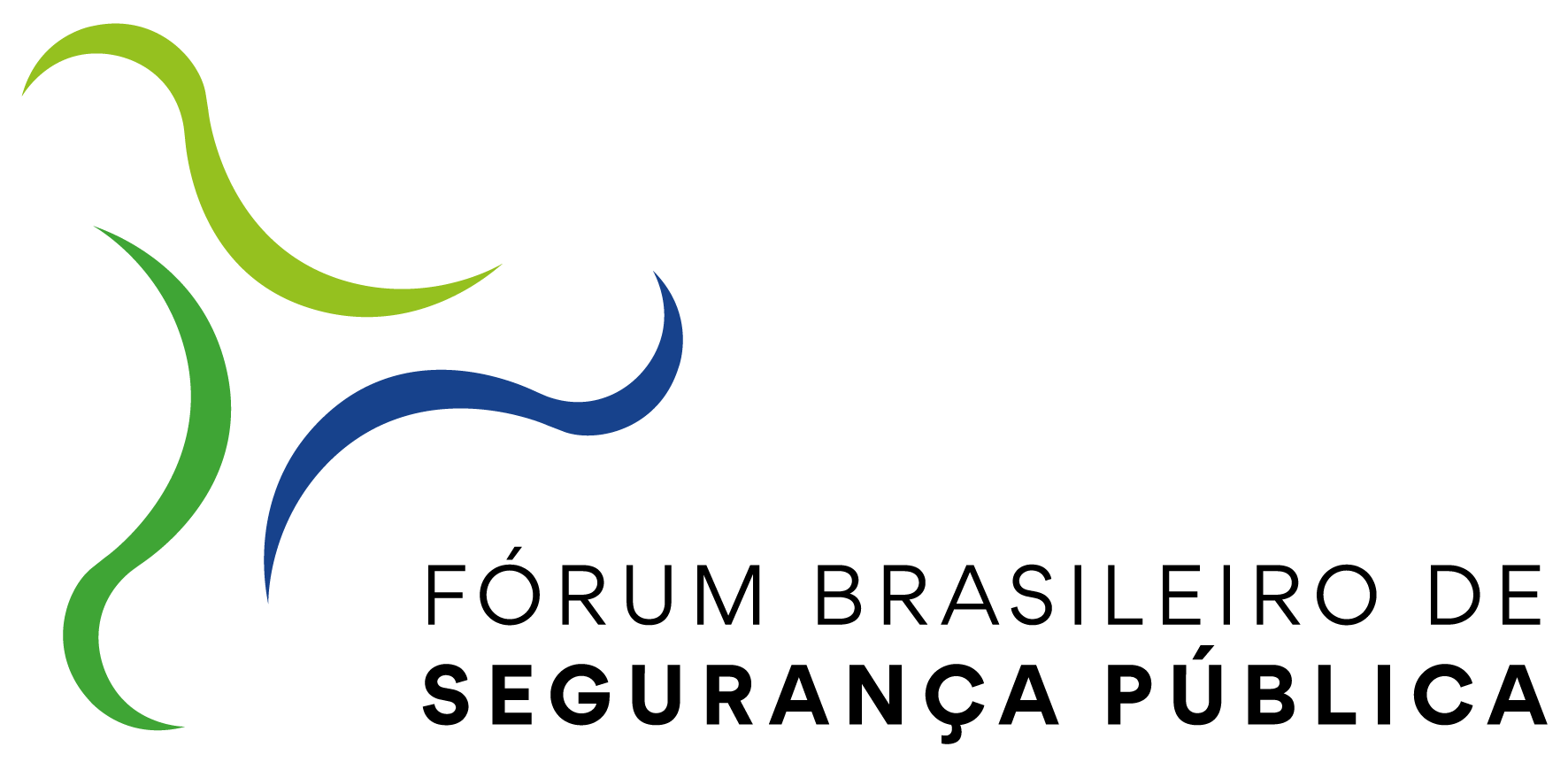An analysis of the principles of the treatment to drug users inside of the Military Police of Rio de Janeiro
uma análise das premissas do tratamento oferecido aos policiais militares “dependentes químicos” pela Polícia Militar do Estado do Rio de Janeiro
DOI:
https://doi.org/10.31060/rbsp.2020.v14.n1.1071Keywords:
Rehabilitation, Drugs, Polícia Militar, Total institutions, Reinventive institutionsAbstract
This paper presents the treatment offered by Polícia Militar do Estado do Rio de Janeiro (PMERJ) to their police officers drugs users. The goal is to discuss the treatment and their basis and also the interfaces with the police work. Since 1987, PMERJ maintain a clinic inside their hospital to treat chemical dependency. The main service offered is the voluntary hospitalization. In 1992, besides the hospitalization, they started to practice the Twelve Steps Methodology, arising from Alcoholics Anonymous and Narcotics Anonymous. The article discuss the process of self-reconstruction, considering the concept of total institutions (Goffman, 1968) and reinventive institutions (Scott, 2013). This work involves fieldwork and interviews with clinic employees and the police officers that have been hospitalized.
Downloads
References
ALZUGUIR, F. V. A carreira moral da vergonha na visão de homens e mulheres “alcoólatras”. Physis Revista de Saúde Coletiva, Rio de Janeiro, v. 24, n. 1, p. 11-29, 2014.
BARKER, E. The making of a Moonie [electronic resource] : choice or brainwashing? Oxford: Basil Blackwell, 1984.BURNS, T. Erving Goffman. London: Routledge. 1992.
CAMPOS, E. A. Alcoolismo: doença e significado em Alcoólicos Anônimos. Etnográfica [online], v.13, n. 1, p.103-124,2009.
CARDOSO, R. Só por hoje: um estudo sobre narcóticos anônimos, estigma social e sociedade contemporânea. 2006. 113f. Dissertação (Mestrado em História)- Programa de Pós-Graduação em História, Niteroi, 2006.
CRUZ, F. N. Os Doze Passos do “ganso”: a trajetória de policiais militares usuários de drogas em uma instituição reinterpretativa. 2019. 222f. Tese (Doutorado em Sociologia) – Programa de Pós-Graduação em Sociologia, Instituto de Estudos Sociais e Políticos, Rio de Janeiro, 2019.
DENZIN, N. K. The alcoholic society: addiction & recovery of the self. United States: Transaction Publishers, 1997.
LEAL, C; PEREIRA, I; MUNTEAL, O. Sonho de uma polícia cidadã: Coronel Carlos Magno Nazareth Cerqueira. 1. ed. Rio de Janeiro: NIBRAHC, 2010.
GOFFMAN, E. Asylums: Essays on the Social Situation of Mental Patients and Other Inmates. Penguim Books, 1968.
MANNING, N. The therapeutic community movement: charisma and Routinization. London: Routledge, 1989. 246 p.
MINAYO, M. C. S.; SOUZA, E. R.; CONSTANTINO, P. (Coords.). Missão prevenir e proteger: condições de vida, trabalho e saúde dos policiais militares do Rio de Janeiro [online]. Rio de Janeiro: Editora FIOCRUZ, 2008. 328 p.
MIRANDA, D. Porque os policiais se matam? Condições de vida, trabalho e saúde dos policiais militares do Rio de Janeiro. 146 ed. Rio de Janeiro: Mórula, 2016.
MYERS, N. L. Recovery’s Edge: an ethnography of mental health care and moral agency. Nashville, Tennessee: Vanderbilt University Press, 2015.
NUNES, Matheus; SOUZA, Leticia. Refazer sujeitos: uma etnografia sobre comunidades terapêuticas e seus objetivos. In: POLICARPO, Frederico; LABATE, Beatriz (Coord.) Drogas: perspectivas em ciências humanas. Rio de Janeiro, p.19-38, 2018.
POLICARPO, F. O consumo de drogas e os seus controles: uma perspectiva comparadaentre as cidades do Rio de Janeiro Brasil e São Francisco Estados Unidos. Rio de Janeiro:Editora Consequência, 2016.
SANDERS, J. M. Women in Narcotics Anonymous: Overcoming Stigma and Shame. New York: Palgrave Macmillan, 2014.
SANTOS, Maria Paula Gomes (Org.). Perfil das comunidades terapêuticas brasileiras. Brasília: Ipea, 2017. [Nota técnica, n. 21]
SCOTT, S. Total Institutions and Reinvented Identities. 1 ed. London: Palgrave Macmillan, 2011.
SOUZA, E.; SCHENKER, M.; CONSTANTINO, P.; CORREIA, B. Consumo de substâncias lícitas e ilícitas por policiais da cidade do Rio de Janeiro. In: Ciência e Saúde Coletiva, p.667-676, 2013.
Downloads
Published
How to Cite
Issue
Section
License
Copyright (c) 2020 Revista Brasileira de Segurança Pública

This work is licensed under a Creative Commons Attribution 4.0 International License.
Licensing
The Brazilian Journal of Public Security uses the Creative Commons License as a form of licensing for its published works. The license used follows the CC BY 4.0 - Attribution 4.0 International model.
To see the permitted rights please go to the full licence or to our Copyright and Licensing page.



